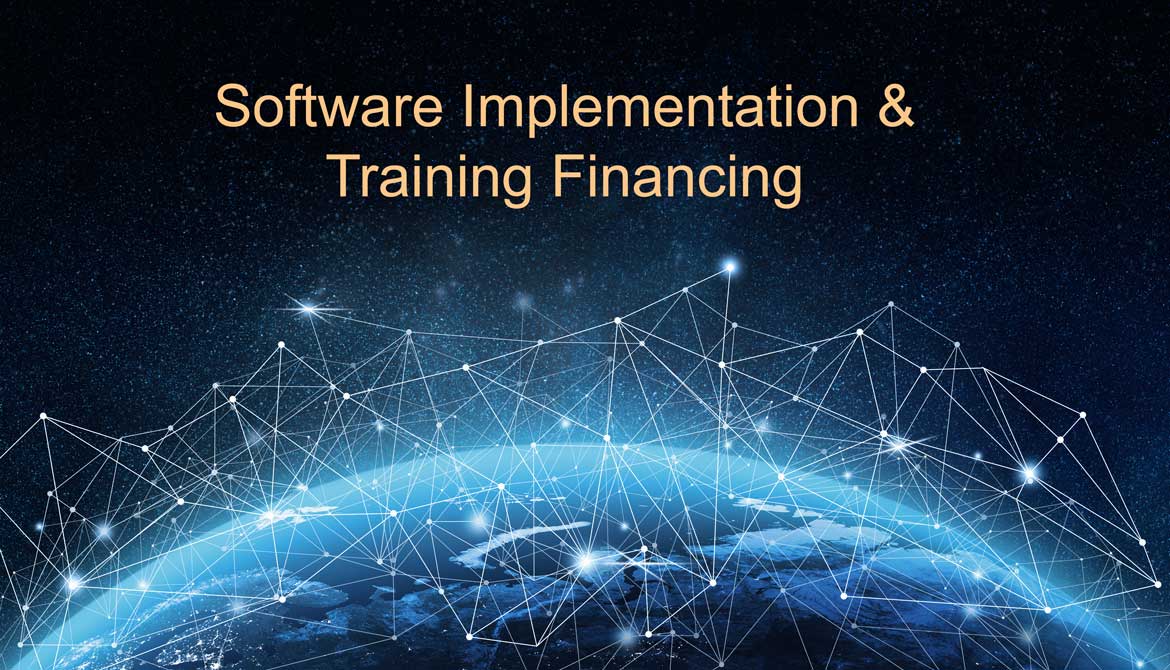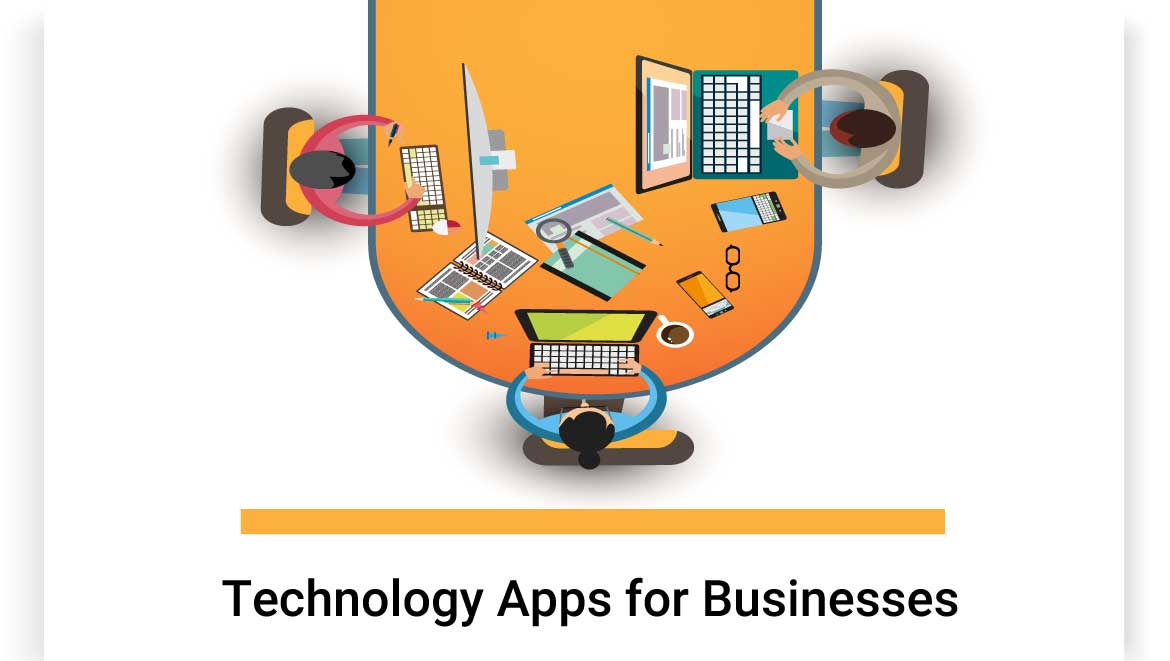
Finance Software Training & Implementation Costs
Computer software has become an essential part of a modern business’s arsenal of tools. The increase in efficiency and the ability to implement new techniques is game-changing for almost everyone.
While many consumer-grade software packages are very affordable, professional corporate-grade software has a much steeper cost of entry. The costs don’t necessarily stop when you buy the software either.
In this article, we’ll go over why investing in high-quality software is a good plan of action, some hidden costs that you may not have considered, and how financing enterprise software through companies like Dimension Funding is a solution for all of this.
Benefits of Enterprise Software
Software is a very vague term as there are so many different types and permutations but for the most part, most businesses will use some form of specialized software, like Enterprise Resource Planning (ERP) or CRMs.
The benefits that you open yourself up to by choosing software like ERP, CRM or most types of enterprise software are immense:
- Potentially reduced costs as software can effectively replace or support many different operations
- Improved reporting and planning capabilities
- Macro visibility (inventory management, schedules, etc.)
- Improved efficiency
- Data security
- Easier departmental collaboration capabilities
- Modular Scalability (software dependent)
Again, more specialized software created for a specific type of work will have even more to offer but these are general improvements almost anyone will see by implementing software into their workflow.
The Hidden Costs of Purchasing Enterprise Software
Now that we’ve had a brief overview of the benefits software can provide, let’s get into the associated costs. This will be software-dependent but for the most part, you will have to financially account for:
- Software acquisition costs
- Software implementation costs
- Software training costs
- Software maintenance costs
- Hardware costs
- Software Renewals
Let’s look at these in a little more detail:
1. Software Acquisition Costs
When we talk about acquiring software, many are annual subscriptions. Many software companies use this model to price their services and chances are that the software you’re looking for will require you to pay them a certain amount on an annual basis.
2. Software Implementation Costs
Advanced software is complex and difficult to set up so hiring a consulting firm to implement it on your company’s computers and devices is very important. Smooth implementation at the start will save you from a myriad of problems and headaches in the future.
3. Software Training Costs
When the software is set up, your staff will have to undergo training to get the most out of it. This is usually provided by the software makers themselves, but third-party trainers and weekend training camps are always an option you can rely on.
4. Software Maintenance Costs
Unlike other services or products, computer software is incredibly technical and needs constant updates and maintenance to run smoothly. There are bound to be, so companies need to ensure that they have the contacts to troubleshoot issues quickly.
5. Computer Hardware Costs
Some software might require special computers or peripherals to run efficiently. This can be a very steep cost as cutting-edge technology is not cheap, and depending on how current your devices are, your entire ecosystem might need to be replaced. For enterprise software, additional servers may be required.
6. Enterprise Software Renewals
You can also finance Enterprise Software Renewals , including implementation, training and hardware costs. You can turn the entire software renewal cost, including implementation, training and hardware, into fixed monthly payments.
The Private Financing Solution for Software, Implementation, Training and Hardware
Private financing offers a solution to all this. Third-party vendors like Dimension Funding will help you finance your entire software subscription (or purchase if it’s a bespoke option) with easily manageable fixed monthly installments.
But what makes this a great option for businesses is the fact that you can easily finance all associated costs even after the beginning of your software subscription. Flexible financing allows you to continually add software-related costs to your principal as and when you need it up to the term of the subscription.
This is very helpful for several reasons chief amongst which is the peace of mind you have knowing that there won’t be any unpleasant surprises or costs waiting for you down the line. This helps you manage your finances better and can improve your business’s overall cash flow.
Some other advantages of privately financing software through Dimension Funding include but are not limited to:
- Up to $500k in software financing with no financial documents required. (Over $500k does require financial documents.)
- Hardware like computers, peripherals, servers, etc. can be included in your financing.
- Annual subscriptions get turned into easy-to-pay and manageable fixed monthly installments.
- Helps free up working capital for you to invest elsewhere.
- Eligible on a wide range of software ranging from Microsoft to professional EHR, ERP, and CRM systems, HR and Accounting software, medical and EHR / EMR software and almost any type of subscription software.
- Easy online application process with a quick turnaround time.
If you’re a third-party vendor selling software to customers, then all these benefits still apply. You’ll be able to offer them all these guarantees worry-free, and all the associated costs your clients face will be easily managed.
Making smart investments and getting positive ROIs on them is key for long-term business growth in all industries. Investing in high-quality software has the potential for incredible results, and with smart financing, you won’t have to spend an arm and a leg to get them either.
If you’re interested in learning more about financing your company’s software through a third-party vendor or if you’re a vendor wanting to offer financing to your clients for all the reasons we’ve outlined and more, be sure to contact Dimension Funding to get a head start on your approval process.
Recent Posts
- Benefits of Food Truck Ownership June 26, 2024
- Bonus Depreciation is About to Phase Down to 80% in 2023 December 29, 2022
- Tax Benefits of Buying Equipment & Software Before December 31, 2022 December 8, 2022
- How the Inflation Reduction Act Impacts your Business and You and your Family August 16, 2022
- Recession? What Recession? July 27, 2022

